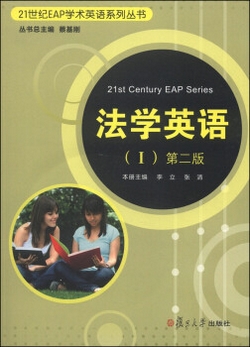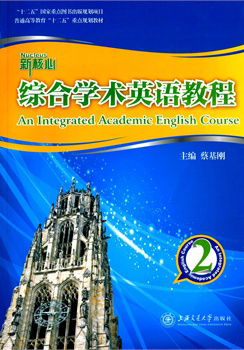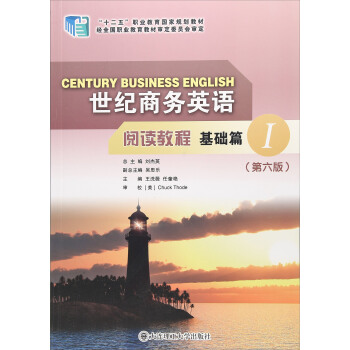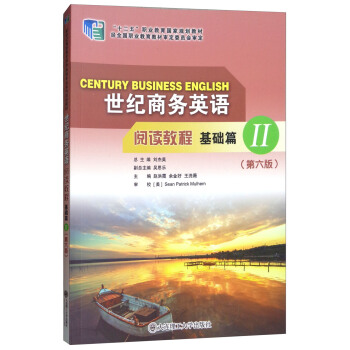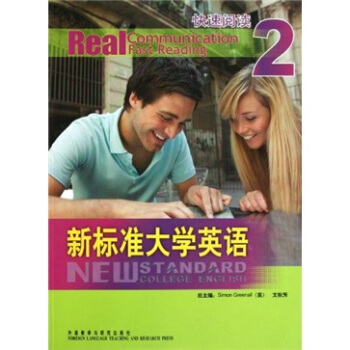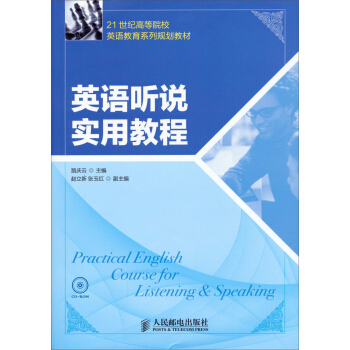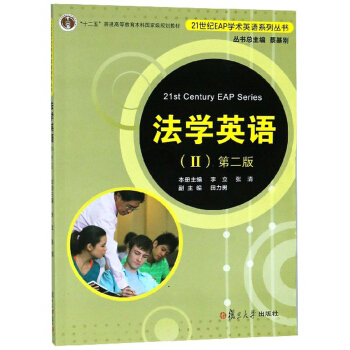学术英语写作 / 新世纪高等学校教材·英语语言文学系列教材
定价:¥35.00
作者: 常俊跃,朱效惠
出版时间:2019-03
最新印次日期:2019-3
出版社:北京师范大学出版社
- 北京师范大学出版社
- 9787303219926
- 1-1
- 114440
- 46266930-0
- 16开
- 2019-03
- 235
- 文学
- 外国语言文学类
- G321.5
- 英语语言文学
- 本科
作者简介
内容简介
本书的读者主要是英语专业本科高年级学生,旨在帮助学生了解学术论文的结构及写作方法并初步掌握学术研究过程,为本科毕业论文写作奠定基础。全书共十个单元。第一单元介绍学术英语的语言特征;第二至七单元分别讲解学术论文各组成部分的写作方法,具体包括摘要、引言、文献综述、研究方法、结果与讨论、结论;第八单元简介引用及参考文献格式;第九单元指导学生如何对论文进行修改;第十单元主要是实践环节,通过引导学生进行实践活动帮助他们学会如何设计并开展小规模的科研项目,从而在此基础上撰写论文。
目录
Unit 1 An Overview of Academic Writing Section 1: Common Types of Academic Writing Section 2: Features of Academic Writing Section 3: Structure of Academic Writing Section 4: Stages of Academic WritingUnit 2 Writing an Abstract Section 1: Common Types of Academic Abstracts and Their Structural Components Section 2: Language Features of Academic Abstracts Section 3: Composing an Academic AbstractUnit 3 Writing an Introduction Section 1: Role of an Introduction Section 2: Structure of an Introduction Section 3: Steps to Go in Writing an Introduction Section 4: Tips on Writing an Effective IntroductionUnit 4 Reviewing the Literature Section 1: Definition of Literature Review Section 2: Purpose of Literature Review Section 3: Structure of Literature Review Section 4: Strategies of Writing Literature ReviewUnit 5 Describing Methods SeCtion 1: Procedures of Research Design Section 2: Types of Data Gathering Instruments Section 3: Linking Research Questions to Data Analysis TechniquesUnit 6 Reporting Results and Discussion Section 1: Purpose of Reporting Results and Discussing Results Section 2: Strategies on Writing up Results Section Section 3: Discussing ResultsUnit 7 Writing a Conclusion Section 1: Function of a Conclusion Section 2: Components of a Conclusion Section 3: Structure of a Conclusion Section 4: Strategies in Writing a ConclusionUnit 8 Citation and Referencing Section 1: Common Types of Plagiarism Section 2: Ways to Avoid Plagiarism Section 3: Citation and Referencing FormatsUnit 9 Revising and Proofreading Section 1: Why and How to Revise Section 2: Global Revisions Section 3: Local Revisions (Language and Style) Section 4: A General Checklist for RevisingUnit 10 Conducting a Research Project or Composing a Research Report Section 1: Component Parts of a Typical Research Project or Report Section 2: Finding a Topic Section 3: Designing a Questionnaire Section 4: Data Analysis and Discussion Section 5: Citation Focus Section 6: SummaryAppendix 1Appendix 2Appendix 3


